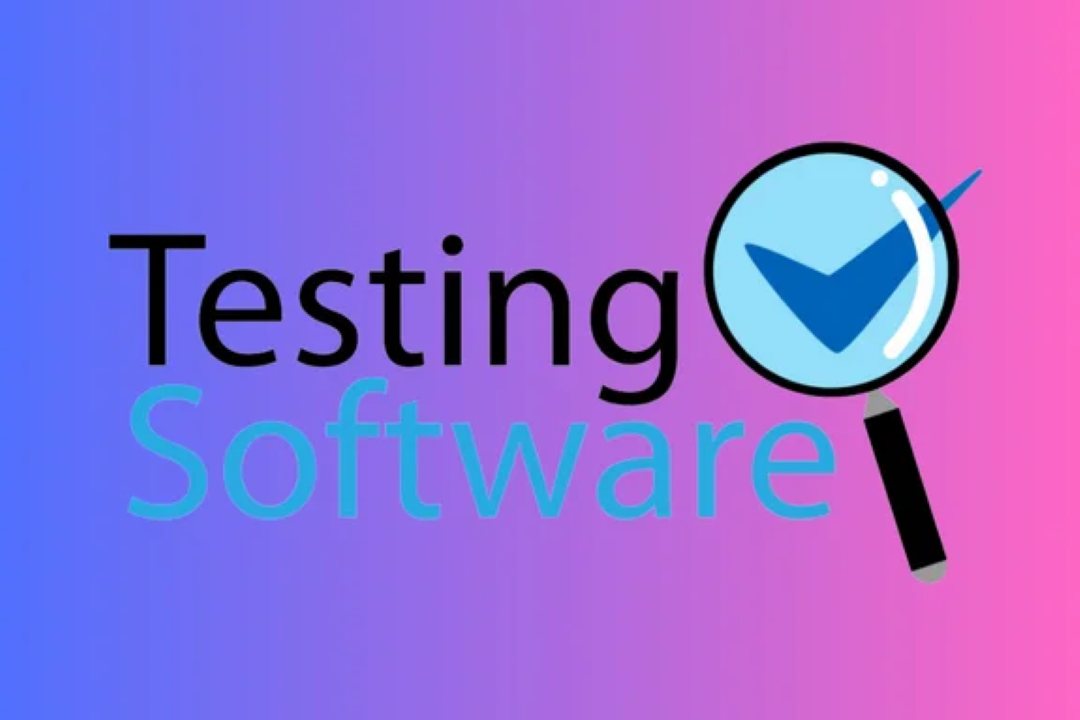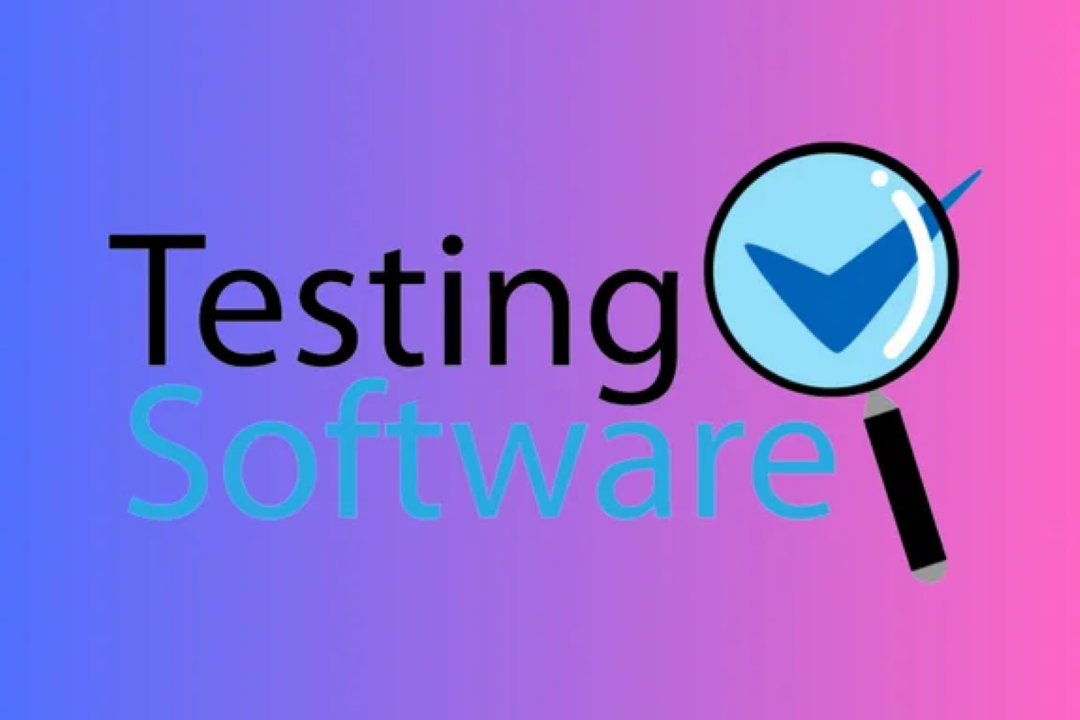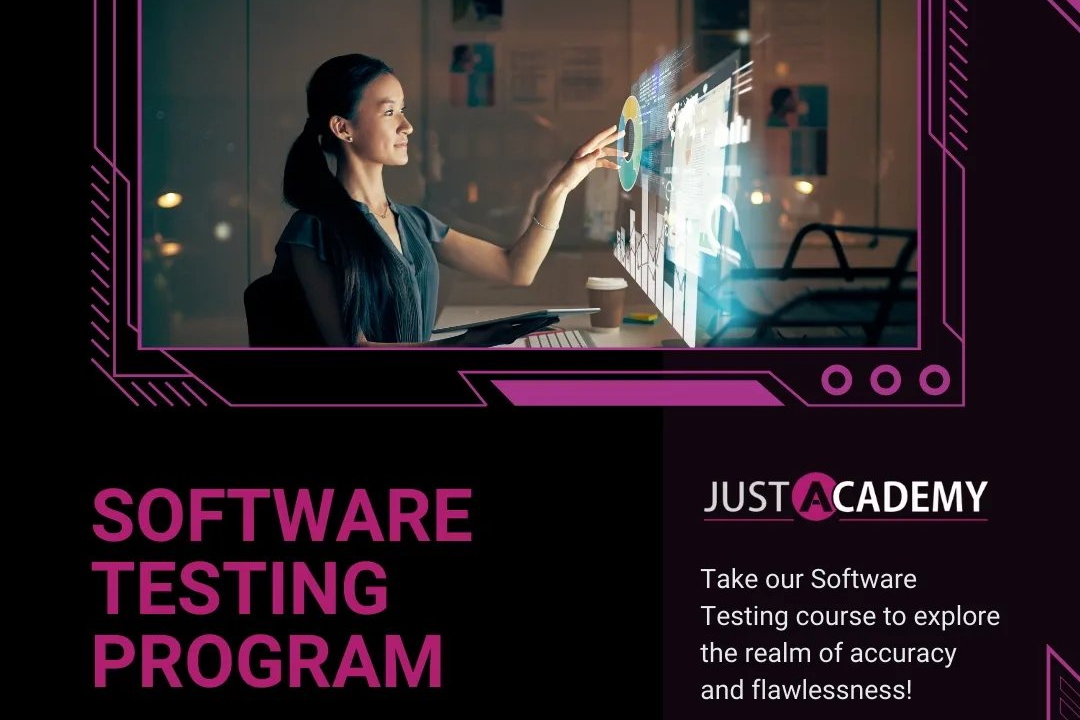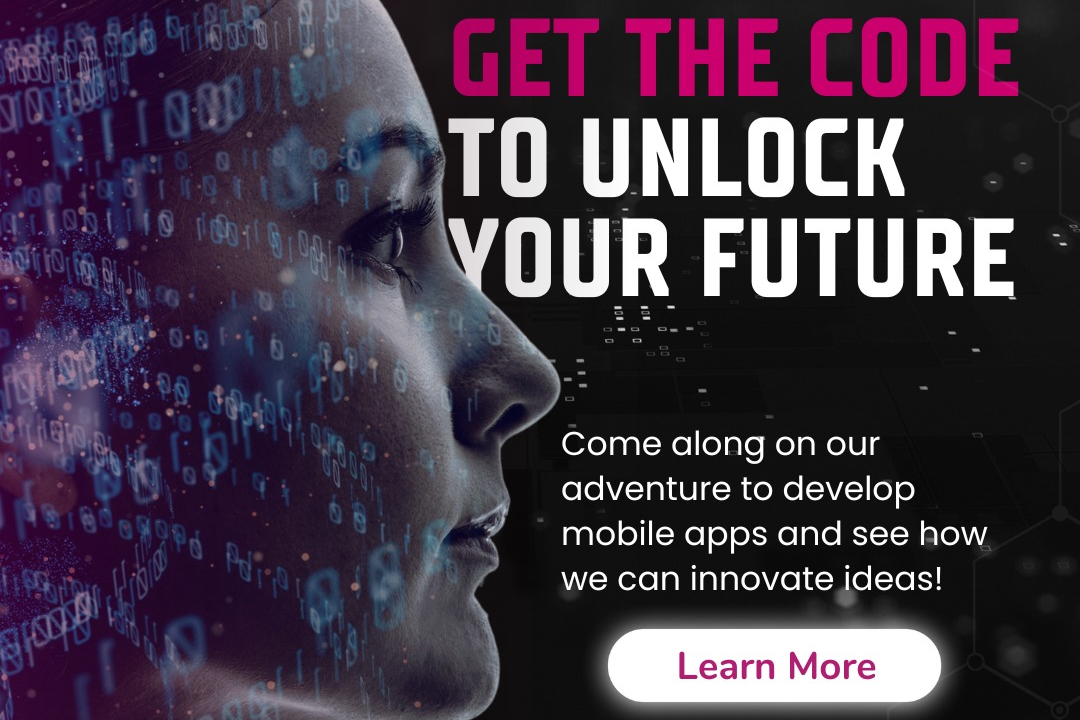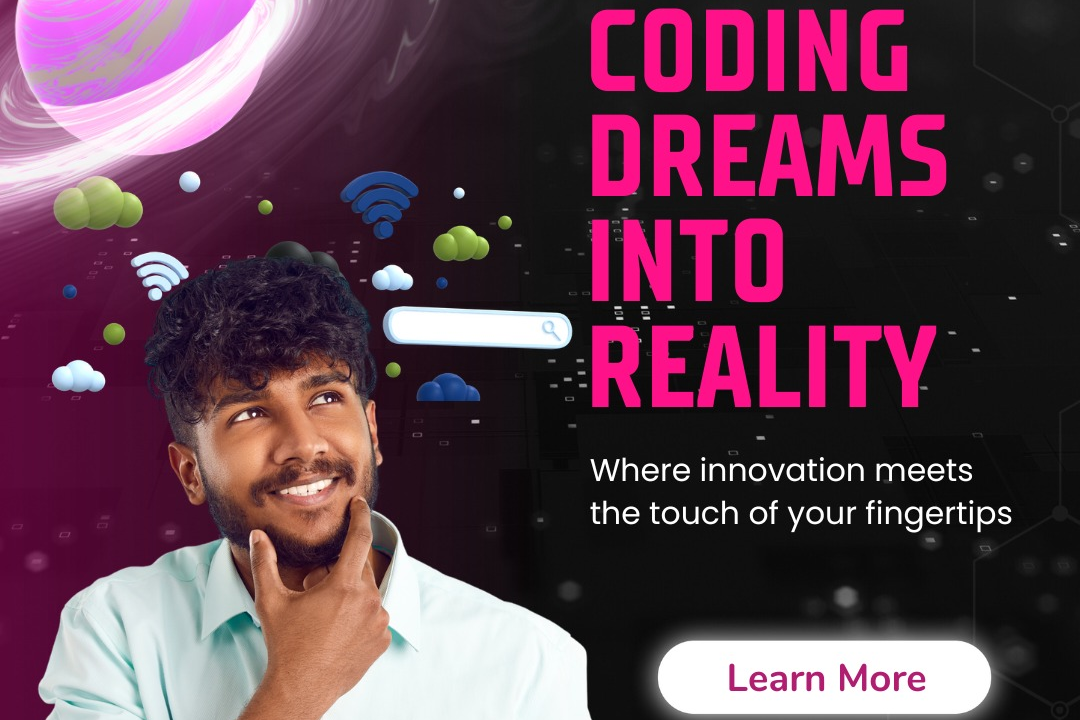best React Native frameworks
The best React Native frameworks are tools and libraries that extend the capabilities of React Nativ
best React Native frameworks
React Native frameworks are essential tools that streamline the mobile app development process by providing pre-built components, UI kits, and customizable libraries. They enhance developer productivity by reducing the need for repetitive coding tasks and ensuring code consistency across platforms. Frameworks like Expo allow for swift app deployment and testing, while NativeBase offers a rich set of UI components that ensure a polished appearance. Additionally, libraries like React Native Paper help implement Material Design principles effectively. By utilizing these frameworks, developers can focus more on creating unique features and user experiences, significantly accelerating the overall development timeline.
To Download Our Brochure: https://www.justacademy.co/download-brochure-for-free
Message us for more information: +91 9987184296
React Native frameworks are essential tools that streamline the mobile app development process by providing pre built components, UI kits, and customizable libraries. They enhance developer productivity by reducing the need for repetitive coding tasks and ensuring code consistency across platforms. Frameworks like Expo allow for swift app deployment and testing, while NativeBase offers a rich set of UI components that ensure a polished appearance. Additionally, libraries like React Native Paper help implement Material Design principles effectively. By utilizing these frameworks, developers can focus more on creating unique features and user experiences, significantly accelerating the overall development timeline.
Course Overview
The “Best React Native Frameworks” course provides a comprehensive exploration of the leading frameworks and libraries essential for developing high-quality mobile applications. Participants will learn about various options, including Expo, NativeBase, and React Native Paper, focusing on their features, advantages, and practical applications. Through real-time projects and hands-on exercises, learners will gain insights into how these frameworks enhance developer efficiency, streamline workflows, and improve UI/UX design. By the end of the course, students will be equipped with the skills and knowledge to choose the right framework for their projects, ensuring a robust and seamless mobile app development experience.
Course Description
The “Best React Native Frameworks” course is designed to equip learners with a deep understanding of the most popular frameworks and libraries used in React Native development. Participants will explore tools such as Expo, NativeBase, and React Native Paper, focusing on their unique features, advantages, and real-world applications. Through engaging real-time projects and hands-on exercises, students will enhance their development skills, streamline their app-building process, and improve their understanding of UI/UX design principles. By the end of the course, they will be able to confidently choose and implement the right framework for their mobile app projects, maximizing efficiency and ensuring high-quality results.
Key Features
1 - Comprehensive Tool Coverage: Provides hands-on training with a range of industry-standard testing tools, including Selenium, JIRA, LoadRunner, and TestRail.
2) Practical Exercises: Features real-world exercises and case studies to apply tools in various testing scenarios.
3) Interactive Learning: Includes interactive sessions with industry experts for personalized feedback and guidance.
4) Detailed Tutorials: Offers extensive tutorials and documentation on tool functionalities and best practices.
5) Advanced Techniques: Covers both fundamental and advanced techniques for using testing tools effectively.
6) Data Visualization: Integrates tools for visualizing test metrics and results, enhancing data interpretation and decision-making.
7) Tool Integration: Teaches how to integrate testing tools into the software development lifecycle for streamlined workflows.
8) Project-Based Learning: Focuses on project-based learning to build practical skills and create a portfolio of completed tasks.
9) Career Support: Provides resources and support for applying learned skills to real-world job scenarios, including resume building and interview preparation.
10) Up-to-Date Content: Ensures that course materials reflect the latest industry standards and tool updates.
Benefits of taking our course
Functional Tools
1 - Expo
Expo is a powerful framework that simplifies the development of React Native applications. It provides a set of tools and services that streamline the app development process, enabling developers to create, build, and deploy applications more efficiently. With Expo, students can quickly prototype their applications using a robust set of pre built components and APIs. The framework also has a managed workflow, allowing developers to focus on building features without worrying about native module configurations. Additionally, Expo’s over the air updates make it easy to push updates to users without needing to go through the app store approval process.
2) React Navigation
React Navigation is an essential library for building navigation solutions in React Native applications. It offers a flexible and customizable API, enabling developers to implement navigation patterns such as stack, tab, and drawer navigators. Learners in the course will explore how to create smooth and intuitive navigation experiences, an essential component of modern mobile apps. React Navigation also includes features like deep linking and performance optimizations, ensuring that students can develop apps that are not only functional but also provide a seamless user experience.
3) Redux
Redux is a state management tool that can be integrated into React Native applications to manage application state more effectively. This course will cover how Redux helps in maintaining a predictable state container, making it easier for developers to understand the flow of data in their applications. Students will learn about the core principles of Redux, including actions, reducers, and the store, along with best practices for state management. Understanding Redux is crucial for developers, especially when building complex applications that require robust state synchronization across various components.
4) Ignite CLI
Ignite CLI is a powerful command line tool that accelerates React Native development by providing pre built boilerplate projects. This tool helps developers quickly scaffold applications, which includes setting up essential configurations, folder structures, and integrated tools like Redux, React Navigation, and more. During the training program, students will learn how to utilize Ignite CLI to enhance their workflow, saving time on setup and allowing them to focus on writing features and functionality that matter most.
5) Native Base
Native Base is a UI component library for React Native that provides a comprehensive set of reusable components. It helps developers maintain consistent design across their applications while saving time on creating custom components from scratch. In this training program, students will explore how to effectively utilize Native Base's pre designed elements such as buttons, cards, and modals to enhance their applications' user interface. By leveraging these components, learners can create visually appealing applications with minimal design effort.
6) Firebase
Firebase is a robust backend as a service platform that provides a wide range of cloud based services for mobile applications, including authentication, real time databases, and cloud storage. In the course, students will learn how to integrate Firebase with React Native applications effectively. Understanding how to use Firebase will enable students to add powerful features like user management, data synchronization, and analytics to their applications, making it a vital skill for mobile app developers. This integration facilitates building scalable apps that can handle large amounts of user data seamlessly.
Certainly! Here are additional points and topics relevant to React Native development that will enhance the curriculum for learners at JustAcademy:
7) Debugging and Testing
Effective debugging and testing are crucial in the development process. This section will introduce students to tools and techniques for debugging React Native applications, such as React Developer Tools and Chrome DevTools. Students will also learn about testing libraries like Jest and React Native Testing Library to create unit and integration tests. Understanding how to write test cases will enable them to ensure the reliability and stability of their applications.
8) APIs and Networking
Connecting applications to external data sources is a common requirement in mobile development. Students will explore how to make API calls using JavaScript's Fetch API and Axios. This module will cover best practices for handling network requests, error handling, and managing asynchronous operations. Knowledge in this area is essential for integrating RESTful APIs and improving the overall functionality and interactivity of their applications.
9) Performance Optimization
Performance is key in mobile apps, and this segment will provide insights on how to optimize React Native applications. Students will learn about techniques such as lazy loading, optimizing images, reducing bundle size, and using the FlatList component effectively. This knowledge will empower them to create responsive and high performance applications, enhancing the user experience significantly.
10) Styling and Theming
A well designed user interface is crucial for engagement. In this module, students will study different styling approaches in React Native, including StyleSheet, inline styles, and Styled Components. They will learn how to create responsive designs, implement themes, and use Flexbox for layout management. This will equip learners with the skills to craft visually appealing applications that cater to various screen sizes and orientations.
11 - Deployment and Distribution
Once an application is developed, it's essential to deploy it effectively. This section covers the process of building and deploying React Native apps to both the Apple App Store and Google Play Store. Students will learn about code signing, generating release builds, and managing app store listings. Understanding the deployment process is crucial to turn projects into real world applications that users can download and use.
12) Version Control with Git
Collaboration and version control are essential for any development project. This module will introduce students to Git, enabling them to track changes in their projects, collaborate with others, and manage code versions effectively. Students will learn about branching strategies, pull requests, and how to use platforms like GitHub for collaboration. Mastery of version control will greatly enhance their ability to work on team projects and contribute to open source initiatives.
13) Building Offline Capabilities
In an era where connectivity can be inconsistent, building offline capabilities into an application has become increasingly important. This section will instruct students on how to leverage libraries like AsyncStorage or SQLite to persist data locally. They will learn how to design applications that can function effectively without an internet connection, providing a better user experience and meeting diverse user needs.
14) Integrating Third Party Libraries
React Native’s ecosystem offers a plethora of third party libraries that can extend functionality or add features. Students will explore how to find, install, and integrate these libraries into their applications. They will learn best practices for choosing reliable libraries, checking documentation, and understanding the trade offs involved in adding external dependencies.
15) Real time Features with WebSocket
For applications requiring real time communication, understanding WebSocket integration is crucial. This module will cover how to implement real time features such as chat applications or live notifications. Students will learn about establishing a WebSocket connection and managing data flow, equipping them with the tools needed to build dynamic and engaging applications.
16) Accessing Device Features
React Native offers libraries to access native device features, such as the camera, GPS, and local notifications. This section will teach students how to implement these features using libraries like React Native Camera and React Native Geolocation. Understanding how to interact with device hardware is vital for developing applications that provide a native like user experience.
By integrating these topics into the curriculum, JustAcademy will provide a comprehensive and well rounded learning experience for aspiring React Native developers, ensuring they are equipped with the latest tools and methodologies in mobile development.
Browse our course links : https://www.justacademy.co/all-courses
To Join our FREE DEMO Session:
This information is sourced from JustAcademy
Contact Info:
Roshan Chaturvedi
Message us on Whatsapp:
Email id: info@justacademy.co
Best Prototype Tools For React Native
What Software Background Is Required To Learn Power Bi Tool

